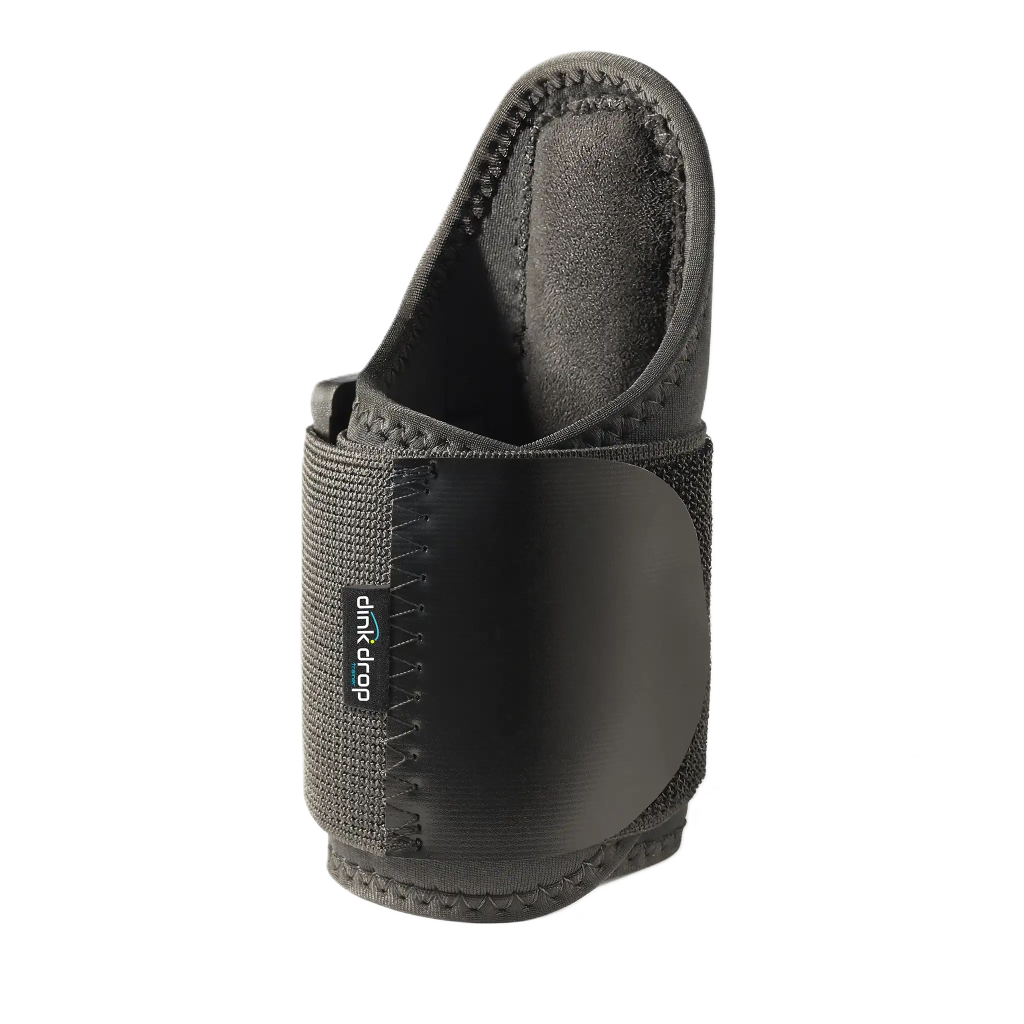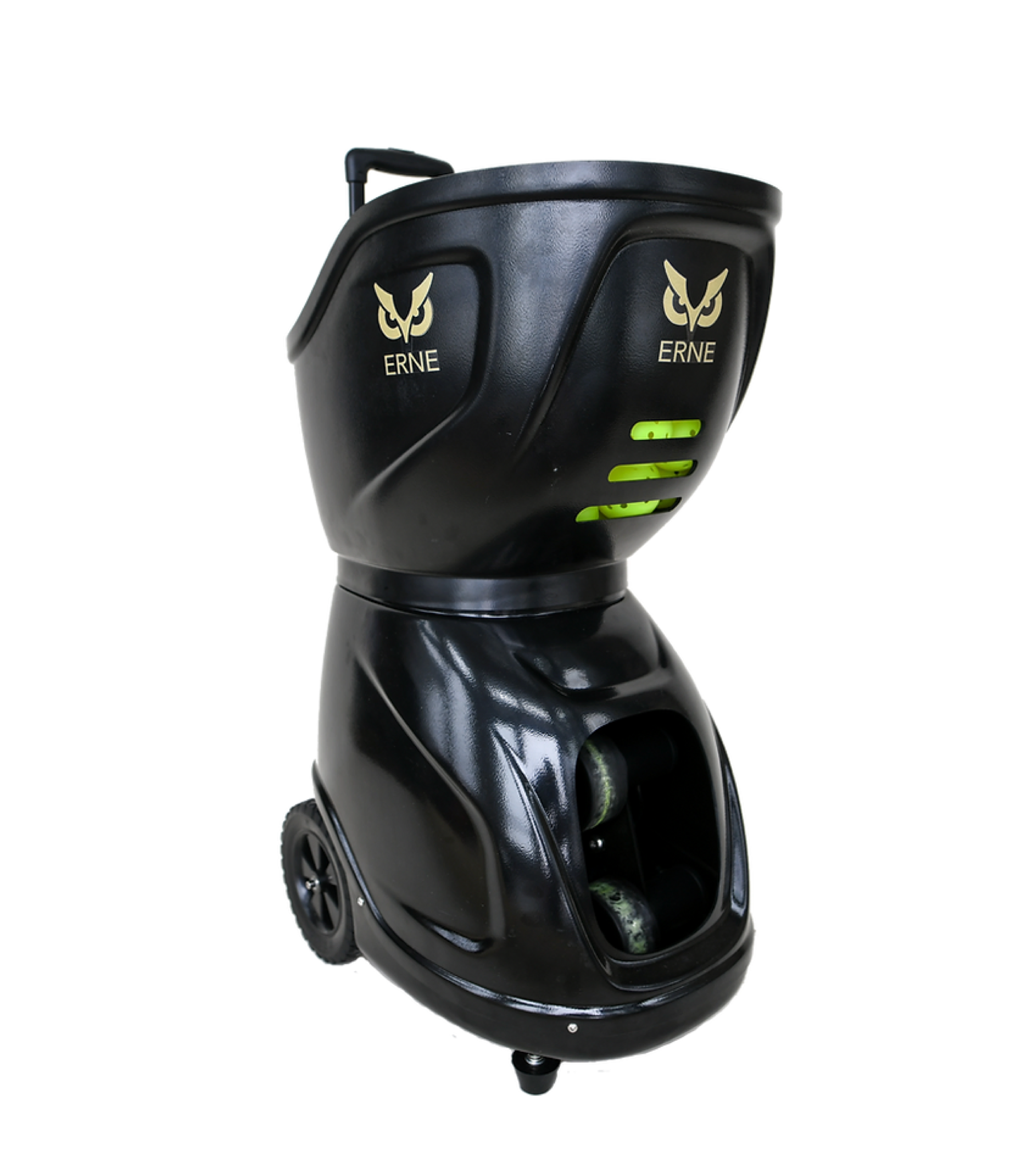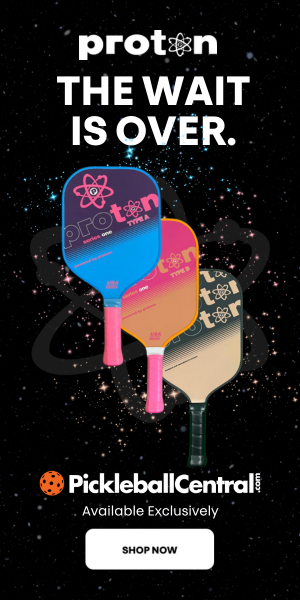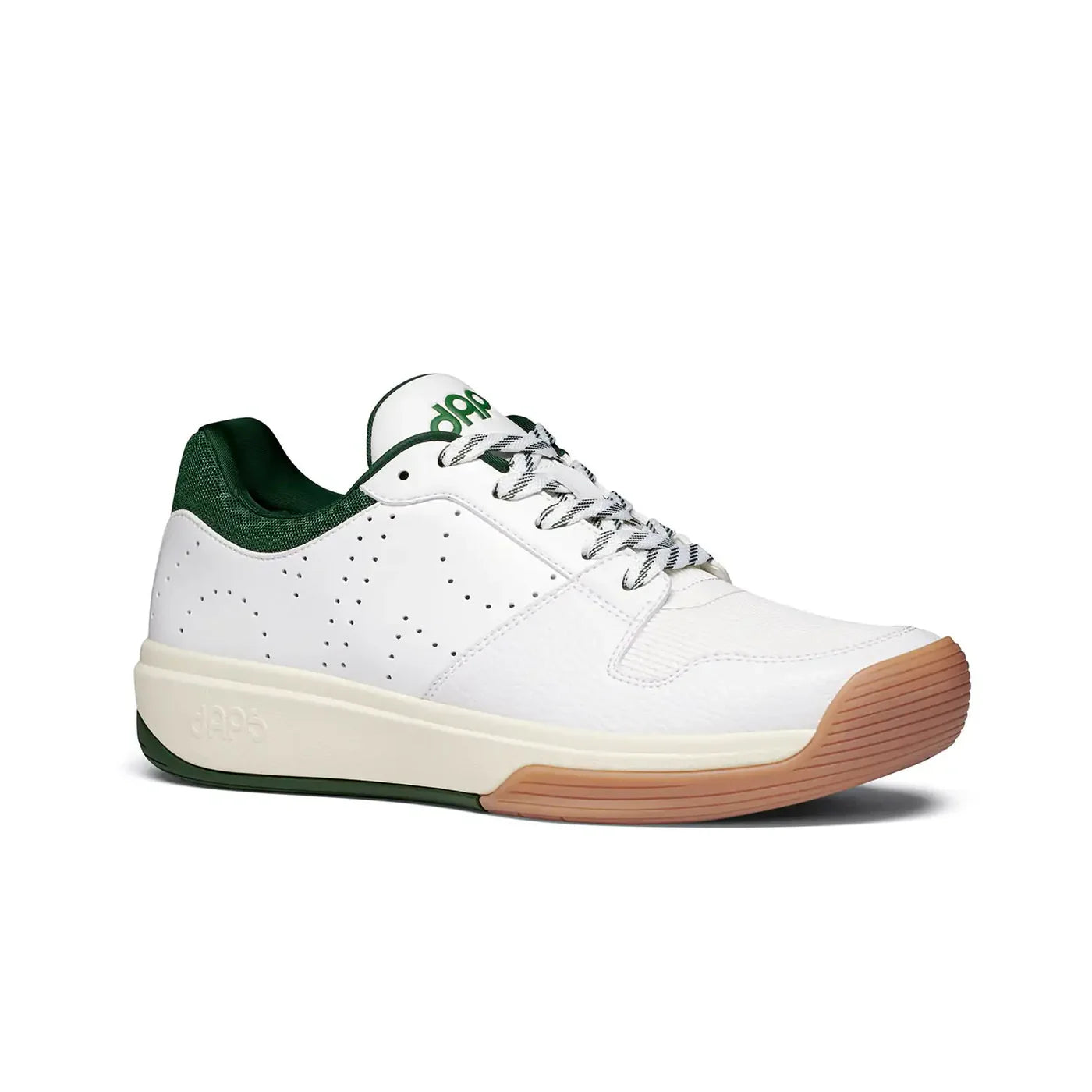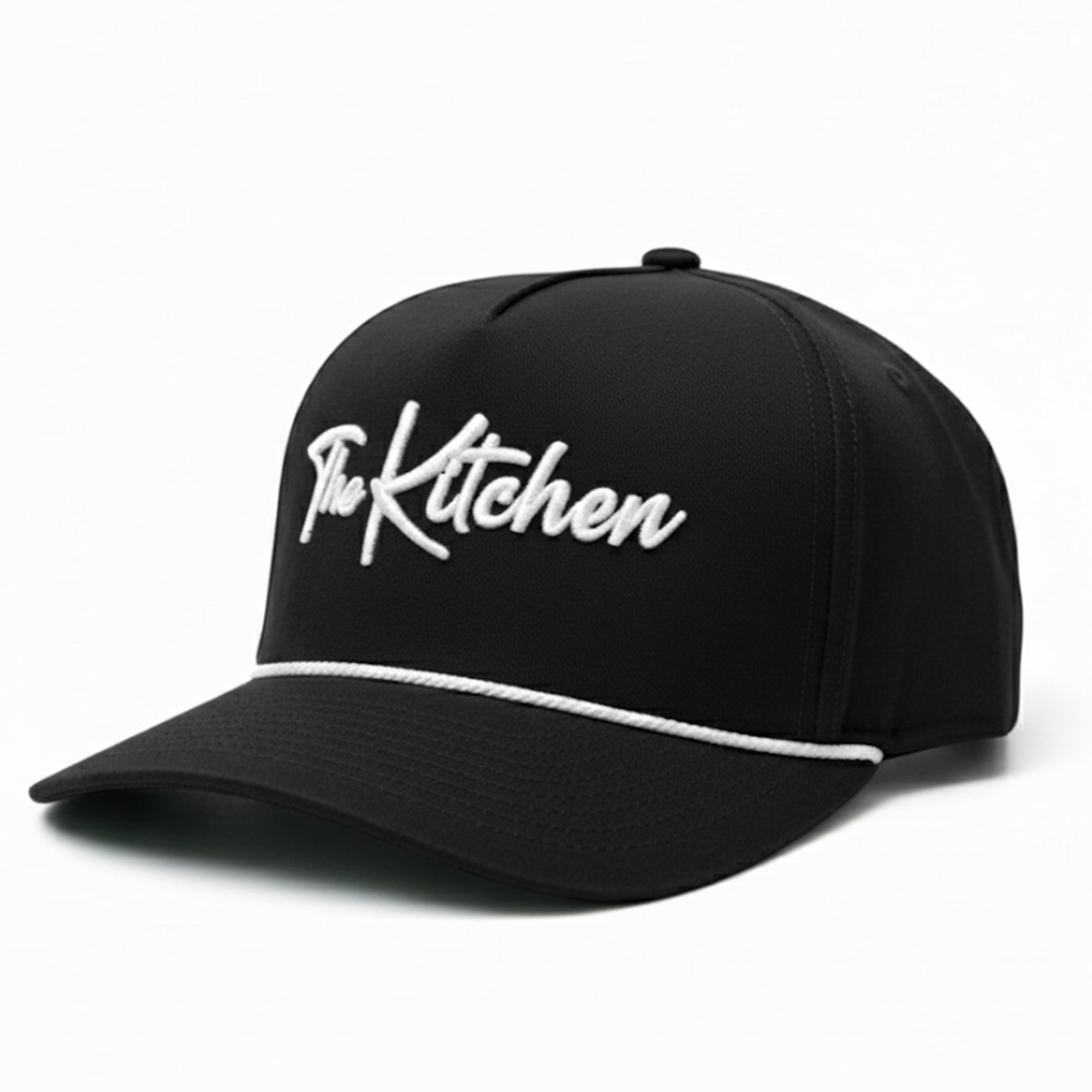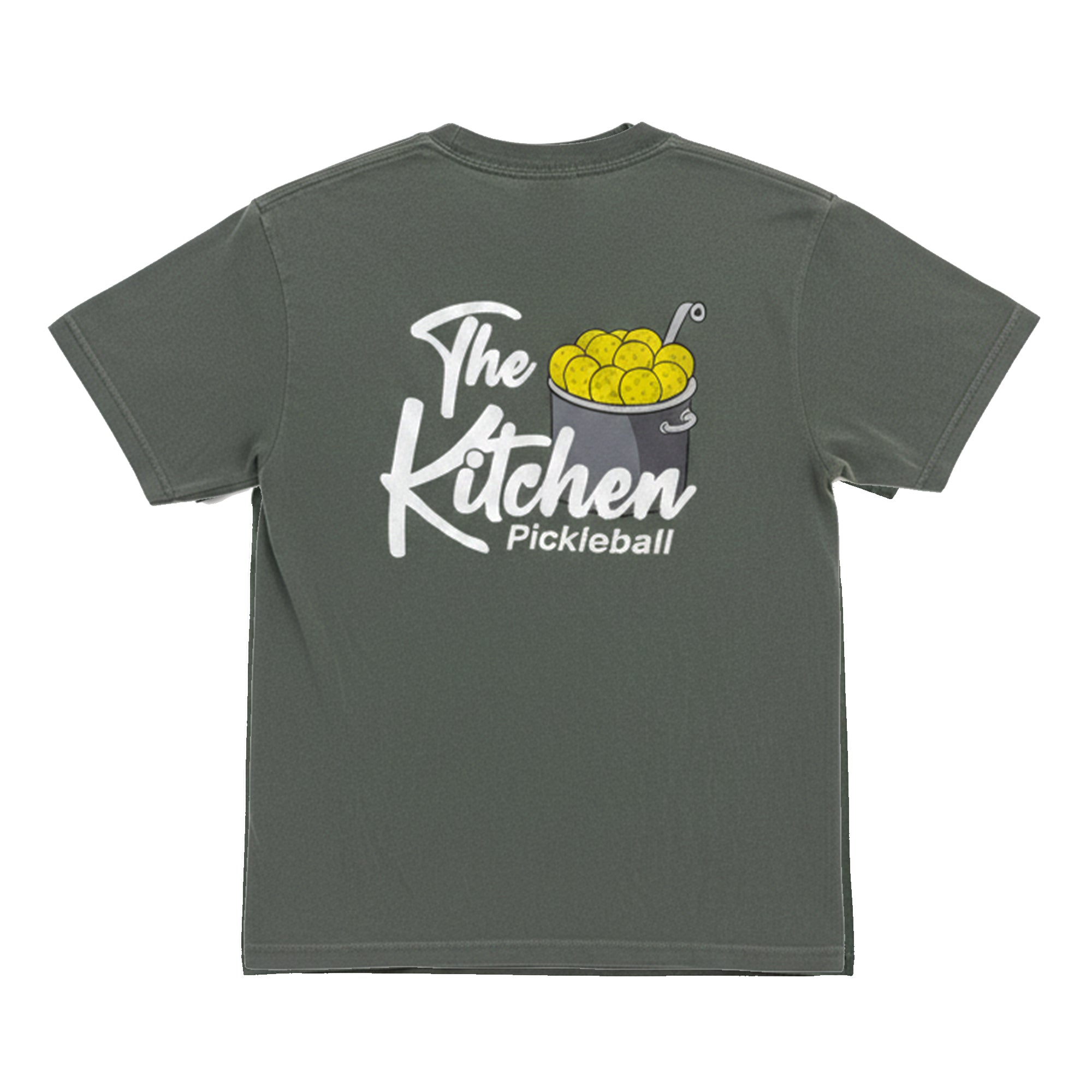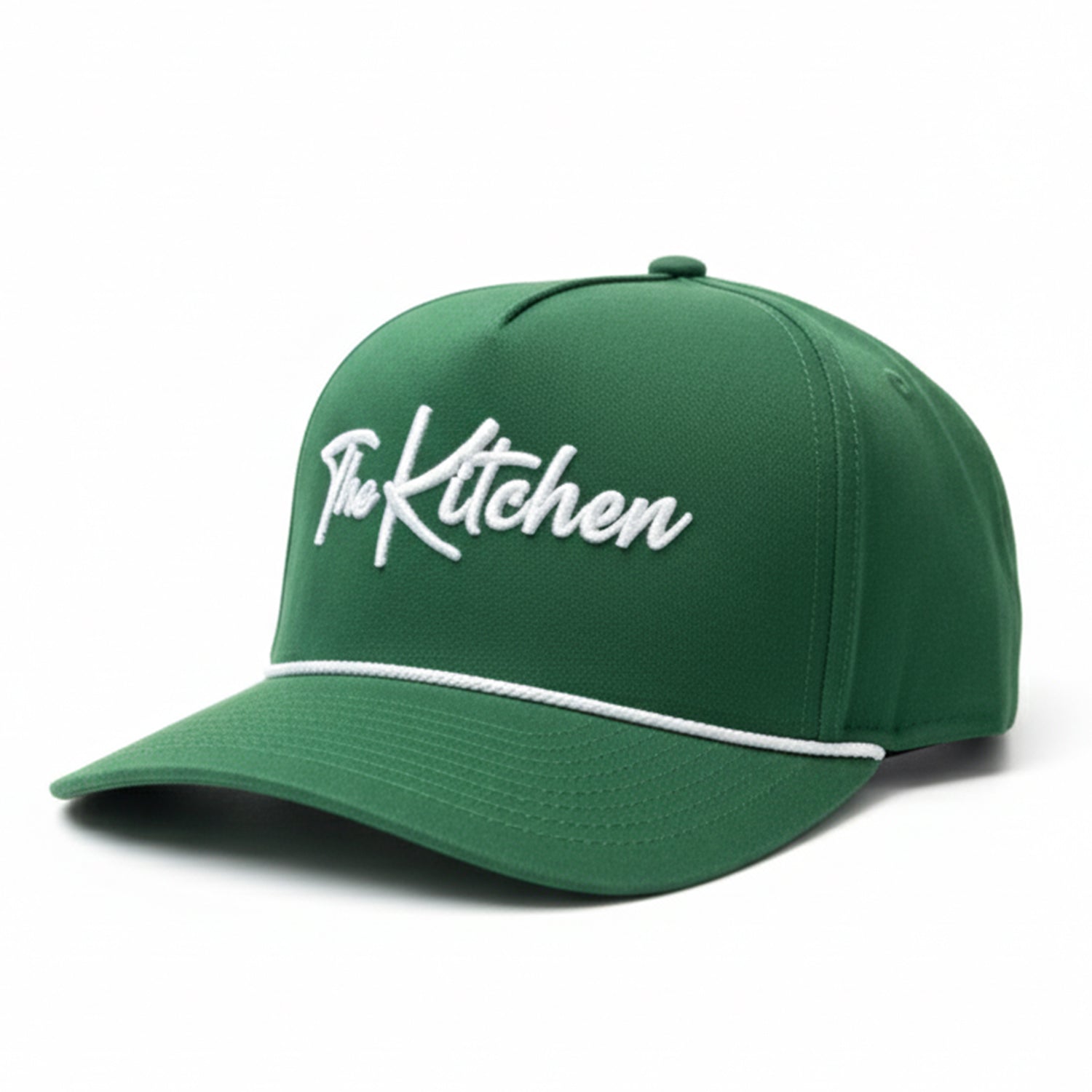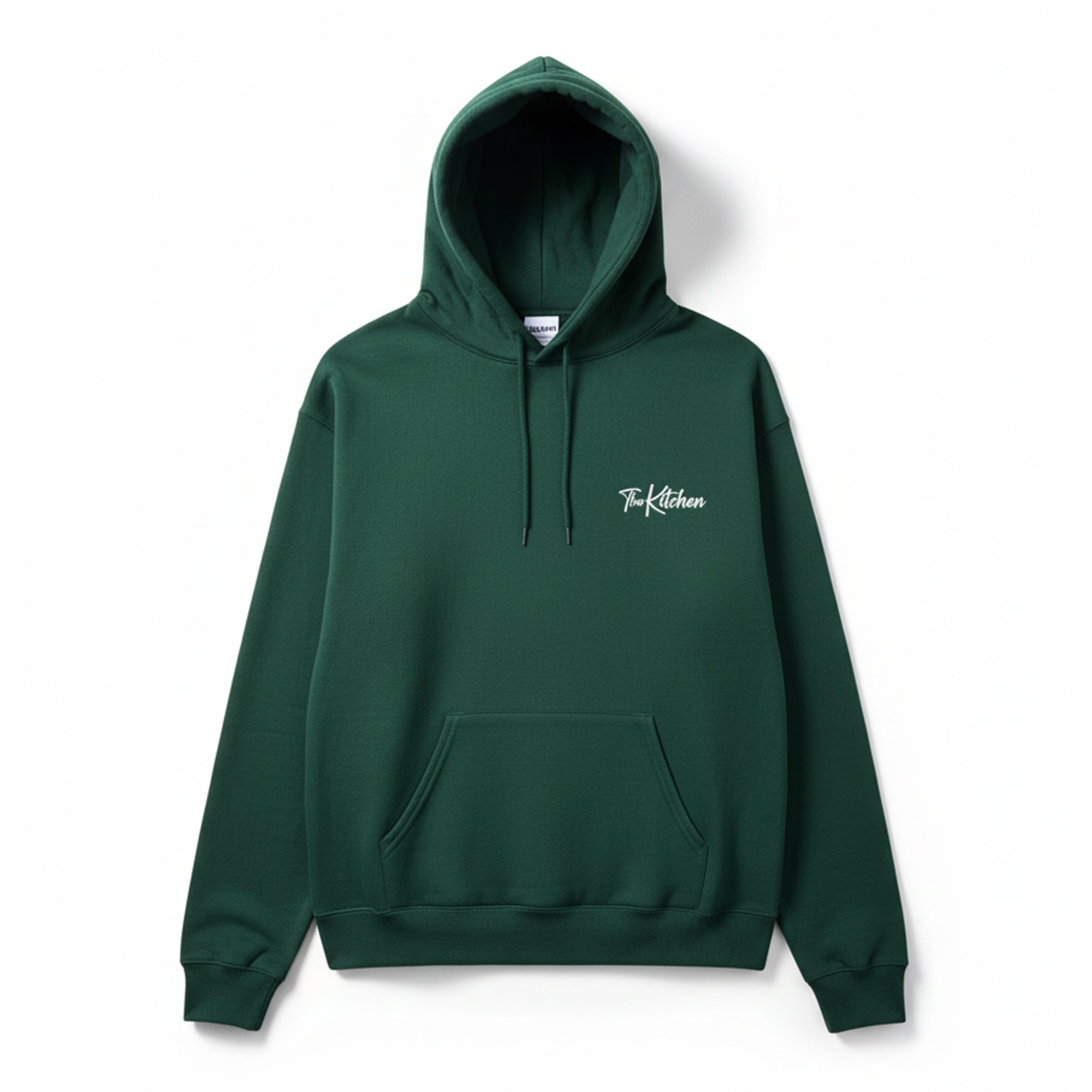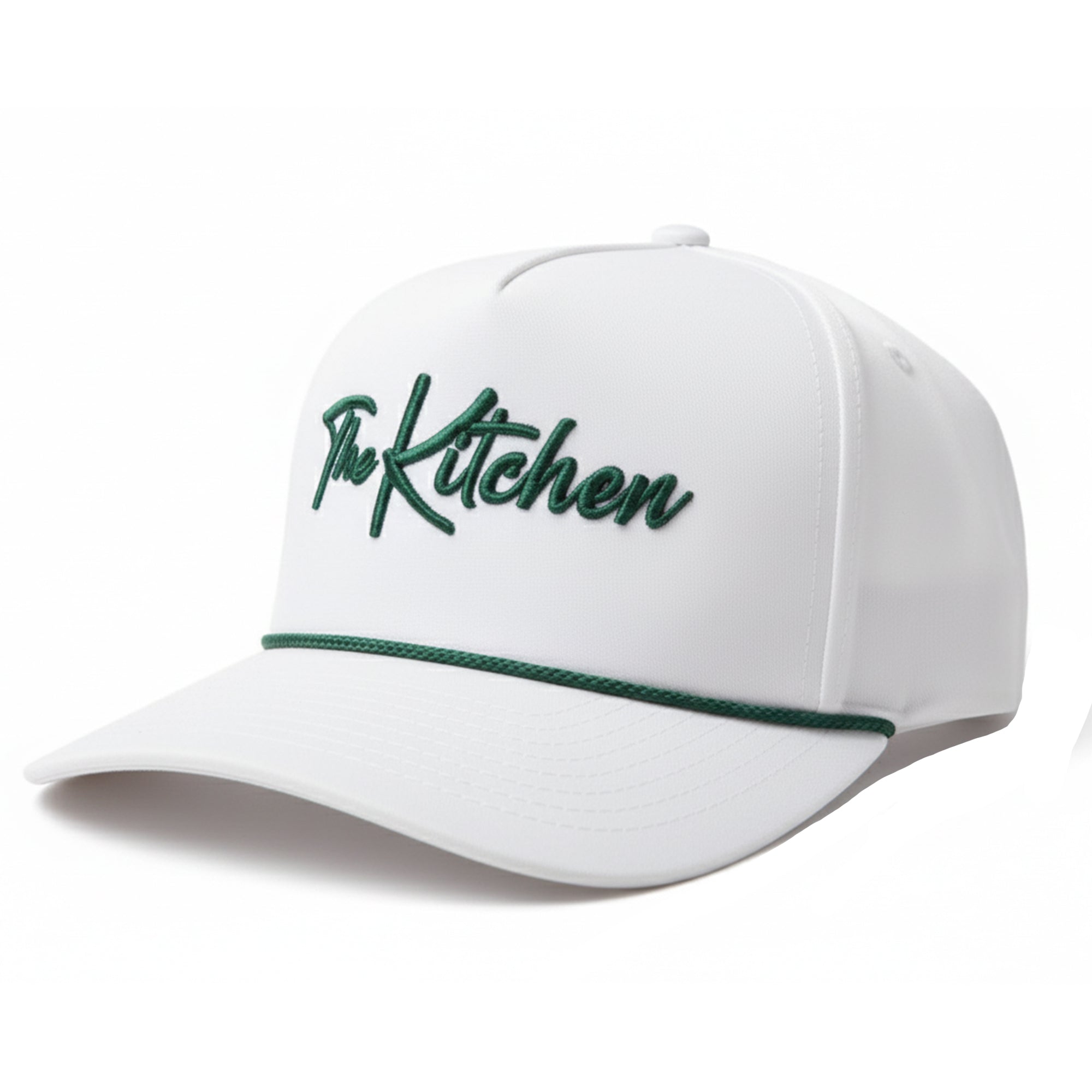You're About to Play Your First Pickleball Tournament. Study This Guide
Last Edited
Jan 20 2025
Category
Instruction
Participating in your first pickleball tournament can be both exciting and nerve-wracking. And just about everyone who's ever done it is going to tell you the same thing, which is a real shame.
Telling you to just "focus on having fun" or "not worry so much" isn't helpful. How do you do that, exactly? Especially if you actually do want to win at least one game.
Whether you’re playing for fun or aiming to win, proper preparation is key to enjoying the experience and performing your best.
So, we spoke with many pickleball players who've played in tournaments to understand what exactly made their experience successful.
1. Choosing the Right Tournament & Partner
Select the Appropriate Level:
One of the most critical decisions you'll make is selecting the correct skill level for you and your partner.
There's far, FAR too many "sandbaggers" out there. Playing in a bracket that matches your ability ensures a fair and enjoyable experience for everyone involved.
For the simple fact that so many people try "playing down," you should also avoid "playing up."
This is especially important in larger tournaments, where competition can be fierce. If everyone self-ranks lower than they should, than playing up may guarantee a frustrating defeat for you and your partner.
Choose a Compatible Partner:
Your partner should share similar goals and expectations for the tournament, something you should have a conversation about well before you sign up.
Whether you’re both in it to win or just to have fun, being on the same page is crucial.
Communication, positivity, and consistency are key traits to look for in a partner.
Make sure you select the appropriate level for you and your partner. I entered a mixed 3.5 with my girlfriend even after she protested. People tend to play down a bit. We got crushed. I think we may have scored 2 points overall. She was not happy. - Rick P., The Kitchen Pickleball newsletter subscriber
If you can, practice with your partner before the tournament. Identify each others' strengths, develop a strategy, and decide who plays on the left and who plays on the right.
If you don’t have a partner, practice the various shots, especially transition and at the net (find our transition zone tips here).
Understand Tournament Structure:
Before signing up, familiarize yourself with the tournament format. Some tournaments, particularly traditional ones, may offer fewer games, which can be disheartening if you’re knocked out early.
If it's important to you, consider entering a ladder event, where you can continue playing regardless of whether you win or lose.
"Understand how many games you will get to play," says Karla B., subscriber to our newsletter and manager of the Skagit Valley Pickleball Club's newsletter.
"I felt I paid a lot to play only a few games. It put me off tournaments, to be honest."
2. Mental Preparation
Manage Expectations:
For your first tournament, focus on the experience rather than the outcome. Set realistic goals, such as scoring a few points or simply having fun. Remember, it’s common for even seasoned players to struggle in their first competitive tournament. Embrace the experience and learn from it.
Stay Calm and Focused:
Nerves are natural, especially when every point counts. The key is to stay relaxed and focus on your footwork. A calm, focused mindset will help you play consistently and minimize errors, giving you an advantage over opponents who may be equally nervous.
Play Not to Lose:
Pickleball is a game of minimizing errors. Instead of going for spectacular shots, concentrate on playing consistently and waiting for your opponents to make mistakes. A solid, steady game will often outlast a flashy, high-risk one.
3. Pre-Tournament Preparation
Practice with Intent:
Drilling is more effective than playing recreational games when preparing for a tournament. Focus on essential shots like dinks, third shot drops, and resets. Practice with your partner to develop on-court chemistry and make sure to use the specific ball and conditions (indoor/outdoor) that will be used in the tournament.
Simulate Tournament Play:
If possible, play against stronger opponents in the lead-up to the tournament. This will help you identify and address any weaknesses. You might also simulate the tournament experience by organizing a round-robin with friends, which can help you get used to the pressure of competitive play.
4. What to Bring
Essential Gear:
Be prepared with a backup paddle, extra clothes (especially socks and shirts), a large towel, sunscreen, bug spray, and a refillable water bottle. These items will help you stay comfortable and focused throughout the day.
Food and Hydration:
Bring easy-to-digest snacks and electrolytes to maintain your energy levels between matches. Staying hydrated and well-nourished is crucial for maintaining performance over a long day.
Comfort Items:
Consider bringing a foldable chair for downtime between matches and sandals to give your feet a break. Extra gear for your partner, such as an additional paddle, can also be a lifesaver.
5. On-Court Strategies
Simple Game Plan:
When you’re on the court, keep your strategy straightforward. Identify your opponent’s weaknesses quickly—such as a weaker backhand or a less experienced player—and target them. A basic but effective strategy can make all the difference in your matches.
Find a good routine/rhythm. Make sure to consciously breath before points in order to lower your heart rate so you don’t start shaking too much or get too exhausted. Also, find a routine before each point to calm you down. - Jack Munro, pro pickleball player
Third Shot Strategy:
At the start of the match, especially if you're playing at a lower level, consider using a third-shot drive aimed at the middle of the court. Hit with about 70% power to keep control while testing your opponents. If they struggle with the drive, continue using it; if not, switch to more controlled shots like drops.
Dinking Strategy:
During dinks, aim to place 60-70% of your shots in the middle of the court. This is the safest area and avoids crossing your opponent’s paddle, reducing the risk of an attack. A consistent dink strategy can wear down your opponents and lead to unforced errors.
Use Timeouts Wisely:
Don’t hesitate to use timeouts strategically. If momentum shifts in favor of your opponents or if you need to regroup, a well-timed timeout can break their rhythm and give you a chance to adjust your strategy.
6. During the Tournament
Warm-Up Properly:
A thorough warm-up is essential to shake off any pre-game jitters. Without a good warm-up, you might start the match cold, putting yourself in an early hole that’s hard to climb out of.
Rest and Hydrate:
Ensure you’re well-rested before the tournament. A good night’s sleep will enhance your decision-making and mental endurance. During the tournament, stay hydrated to maintain peak performance.
Don’t Rush:
Take your time with serves and maintain a relaxed, steady pace during play. Rushing can lead to unforced errors, so slow down and focus on each point.
It’s a matter of making the least mistakes! Don’t try to win. Try to last. - Michelle L., The Kitchen Pickleball newsletter subscriber
7. Post-Tournament Reflection
Video Review:
If possible, have someone record your matches. Reviewing footage can provide valuable insights into your play and help you identify areas for improvement.
Once you finish playing teams, be friendly and talk to them after. Where are they from? How often have they been playing? These simple questions will really help you get out of your comfort zone and set you up for success in the future. You can meet and begin to tap into a community of players that travel to tournaments, and also begin finding higher level partners. - Jack Munro, pro pickleball player
Learn and Improve:
Regardless of the outcome, use the tournament as a learning experience. Reflect on what went well and where you can improve, and apply those lessons to your future games.
If you need a tournament to play in...
...Why not one of ours?
The Kitchen Pickleball runs two yearly amateur pickleball tournaments in the fall: The Kitchen Open (TKO).
- Open Division winners receive $25,000 this year, the largest prize in pickleball history!
- There are divisions based on age (open age and 40+), skill level (3.0, 3.5, 4.0, 4.5, and OPEN), and gender & mixed doubles.
- All teams in EVERY division will play a MINIMUM of 5 games to 15 (side-out scoring). This is the equivalent of 9 games to 11!
- Every division winner will win a custom Joola paddle & more. We will be giving out the best prizes that pickleball has ever seen.
- Complimentary swag bag for all participants.
TKO Austin takes place September 26-29, 2024 at the Polo Tennis & Fitness Club. Register here.
TKO Atlanta takes place November 1-3, 2024 at ITA Atlanta. Register here.
